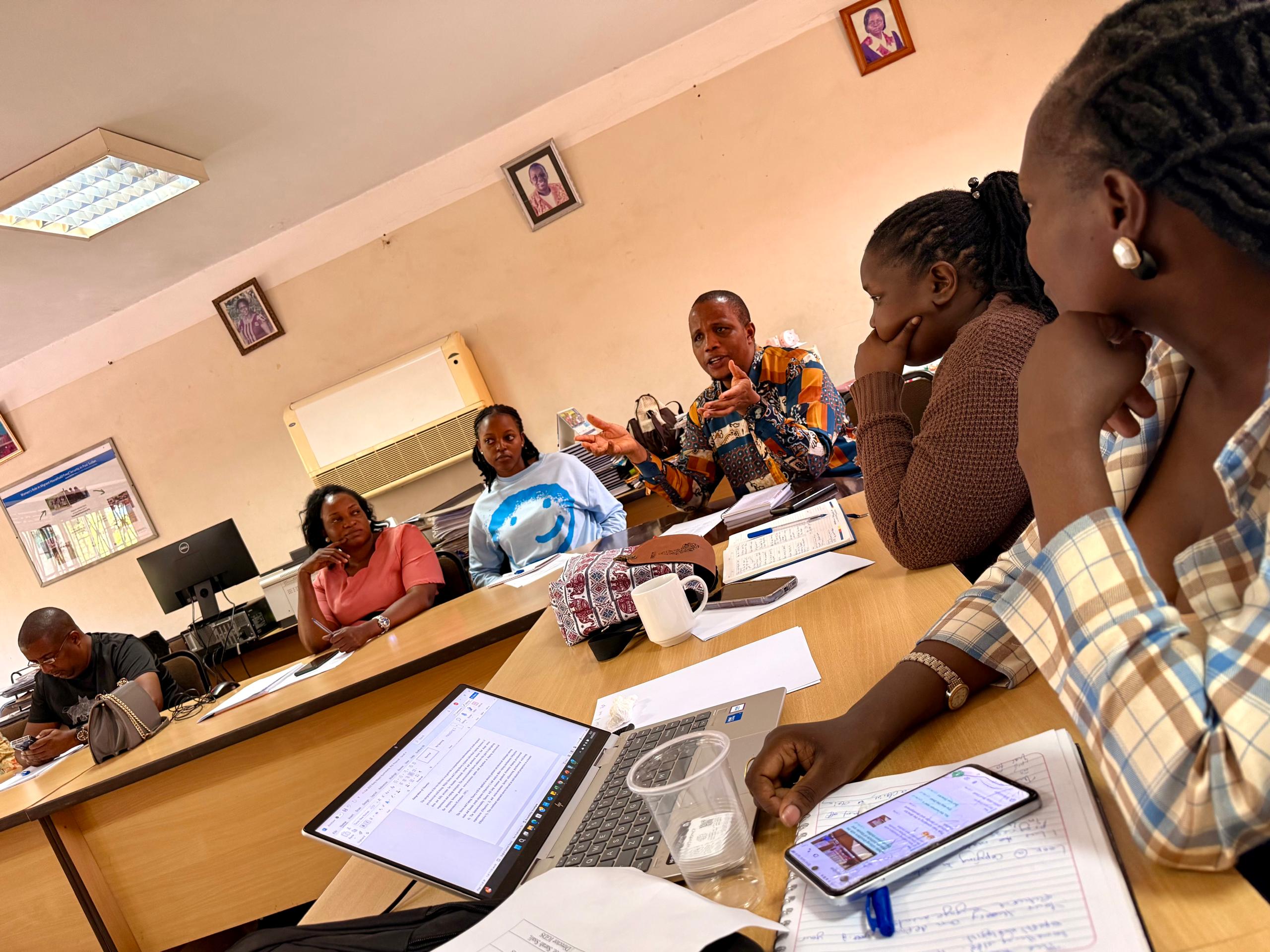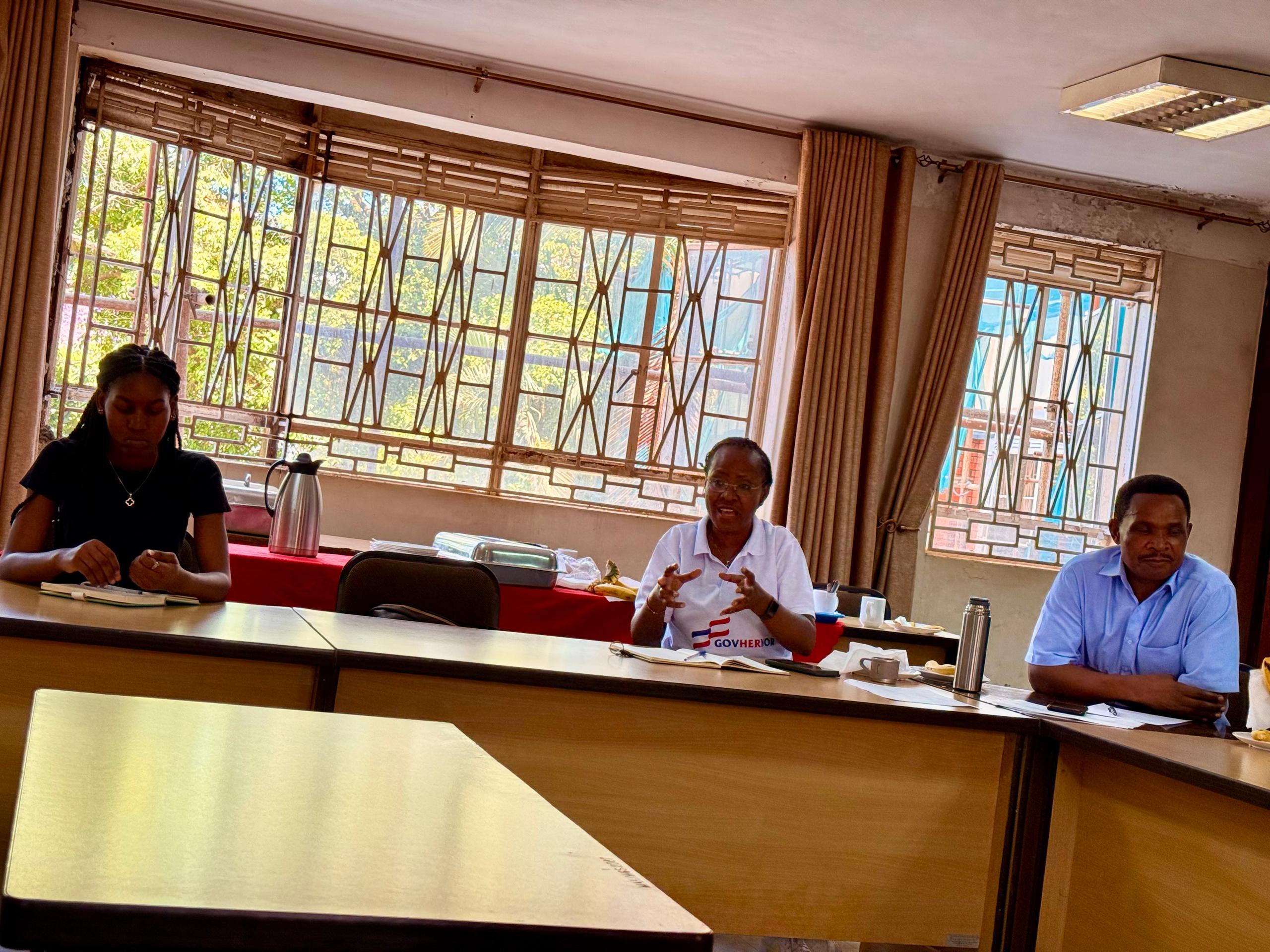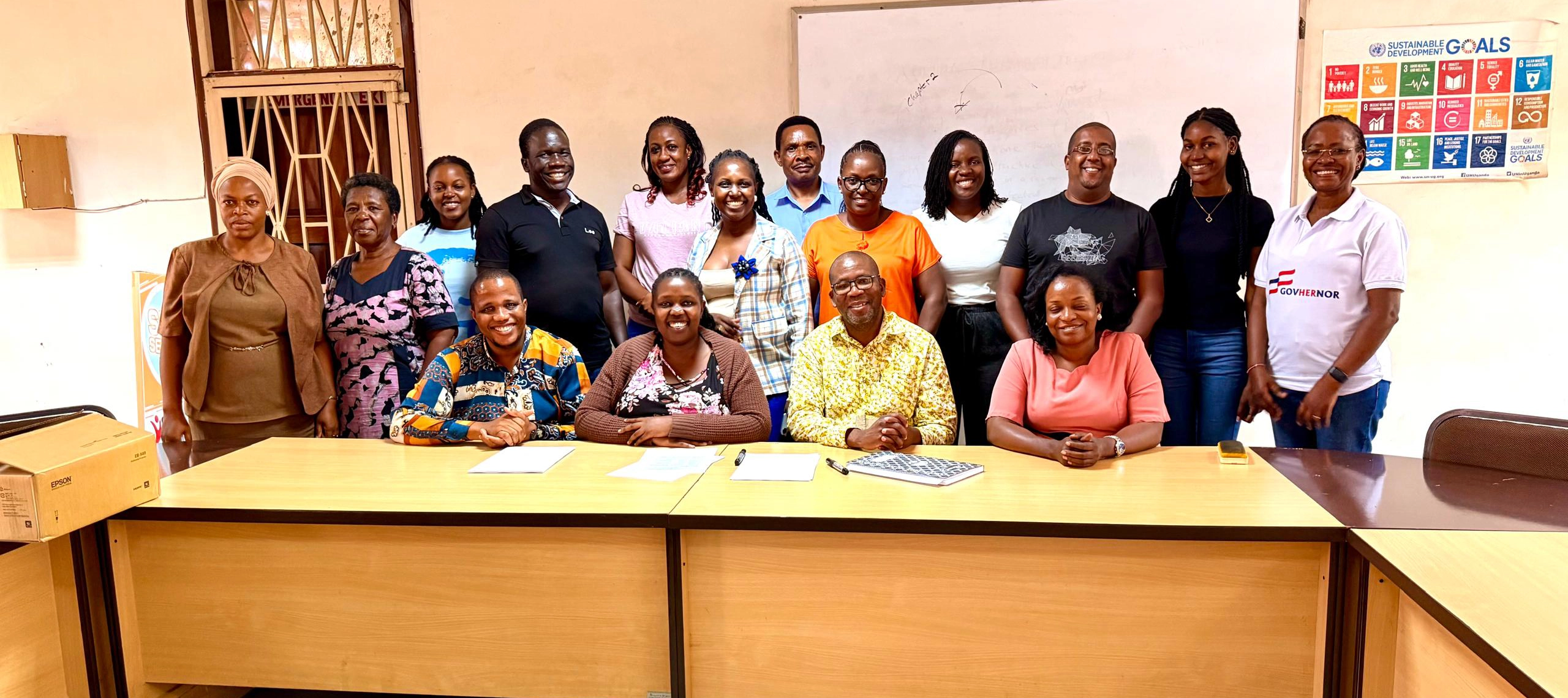The seminar was led by Professor Morgan Nkululeko Ndlovu from the University of Johannesburg, South Africa. Prof. Morgan is a trans disciplinary scholar who publishes on decolonizing knowledge and power indigenous knowledge systems, education rights and transformation with specific to Africa.
This session explored the crucial relationship between theory and practice in academic research. It followed a question and answer basis from Professor Morgan and the participants too.
Professor Morgan started by questioning and answering where theories come from. This was a key discussion point focused on the origin of theories or how theories are generated. He mentioned that theories are not just abstract ideas but representations of reality. They should not be seen as different from reality but instead as a tool that explains or makes sense of it. Therefore theories must be both inductive and deductive to the research context.
What is the role of the theory in research? Theory helps researchers relate what they see with what they don’t. It guides inquiry and positions the research in the broader academic conversation.
Where is the philosophy in PHD? This aimed at reminding students that a PHD is not only about doing research but it also includes how and why the research is done. The philosophy is what gives the work coherence and direction. Prof. Morgan added that once you get a theory or thesis you are done with the PHD.

Sources of data often used in research including Secondary evidence and primary evidence were also talked about. Secondary evidence is data interpreted, analyzed or summarized information from other researchers while Primary evidence is original, first-hand information. Prof. Morgan also emphasized that there must be a relation between the theory and methodologies and a mismatch weakens the research.
He addressed the issue of hidden theories by African scholars by drawing attention to the unacknowledged frame works that often shape research unknowingly. Another issue that was addressed was the Issue of Application. Theory in research should not just be mentioned for academic formality instead theory must be applied meaningfully throughout the entire thesis. If there is no application, it then becomes a problem. You should write about the relevance and applicability. If the theory doesn’t fit, it must be changed. He pointed that sometimes researchers realize after data collection that their original theory doesn’t work and that’s okay.
Prof. Morgan emphasized that you do not choose the theory randomly and you must be aware of your theory because it will define you for a long time. You must also know and be aware of the ethical principles of what you are doing.
How do you theorize every single chapter of your theory? Think from where you are supposed to think from and you need to understand where you can sustain your theory from. Theory is not just for a single chapter, it’s for your entire thesis. It is how you see, how you think, how you speak and how you write. Prof. Morgan clarified that the theory must appear in how you frame your problem, how you collected data, how you analyzed and even how you recommend. If your theory is not your methodology, then you have only decorated your thesis with it. It should be carried to through each chapter making it visible and alive not just quoted.

At what point do I get the theory that can work perfectly? Prof. Morgan explained that sometimes you go to the field thinking one theory will work but then you find it does not help you understand your data. You may only discover the right theory after you have collected data and that is okay. He mentioned that in this case you must not be stuck but you must find the theory that helps you make sense of what you are seeing not just what you had planned to use. He mentioned that the perfect theory only becomes clear during or after field work.
A concern from one of the participants was raised that sometimes he feels like what he is doing doesn’t fit with the theory in the books and looks like he is forcing his context to follow it. Prof. Morgan then encouraged to write from the source and think from their context even if it means adapting or deconstructing the theory.
What if I use African knowledge but reviewers tell me I haven’t used enough of the main theory? As asked from one of the participants, Prof. Morgan acknowledged that the system doesn’t always validate us but we write so that we can create new ways of thinking. You must be able to defend your theory not just because its known but because it works for your context.
Another concern raised during the seminar was the tension between the researcher’s own theoretical direction and the expectations or preferences of supervisors. That even after doing deep critical thinking and grounding their research they are told that they have not cited the right people, they have not done enough literature review or that they are not using the correct theory. Professor then emphasized that researchers should be ready to defend their theoretical and methodological choices and have a clear understanding of why they are using a particular theory. He also advised to read the thesis as an insider and also as an outsider while asking some questions and being able to answer them in other words they should try to pre-empty their thesis.
Prof. Morgan ended with a powerful reminder that it should be possible to write your thesis in one sentence and the seminar was officially closed with closing remarks from Prof. Sarah Ssali who expressed sincere gratitude to Prof. Morgan Nkululeko for his insightful discussion.
